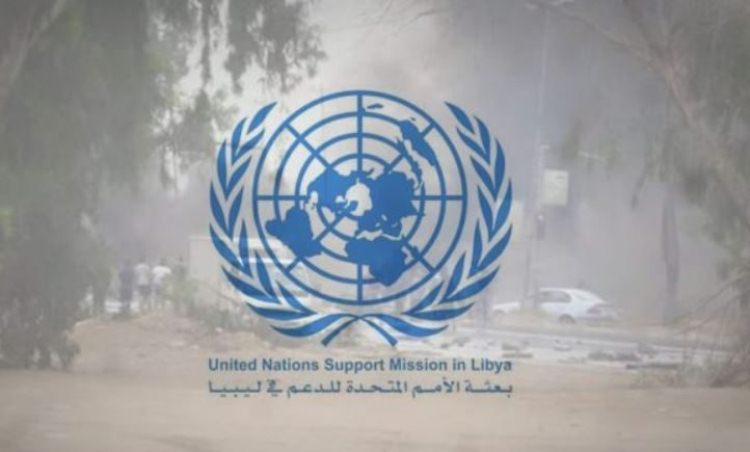Eduardo González
Spain will participate in the international mission to observe the ceasefire in Libya by sending seven members of the National Police, the Civil Guard and the Army.
The mission was agreed in Libya in October 2020 with the new Libyan authorities. The observers will be unarmed and will be deployed under the umbrella of the UN Mission in Libya (UNSMIL). The deployment will be in stages and in the initial phase will consist of sixty members, according to the proposal presented by the UN Secretary General, Antonio Guterres. On September 30, the UN Security Council extended UNSMIL’s mandate until January 2022.
The President of Government, Pedro Sánchez, announced Spain’s participation in the mission on June 2, one day before his trip to Tripoli to meet with the new authorities of the North African country. Last October 27, the Director General of Foreign and Security Policy of the Ministry of Foreign Affairs, Federico Torres, announced during a meeting organized by the Elcano Royal Institute in Madrid that Spain will be “soon in Libya, in the mission to observe the ceasefire”, but did not give further details. According to Foreign Affairs sources later informed to The Diplomat, the Spanish presence will consist of seven people, including members of the National Police, the Civil Guard and the Army.
The Minister of Foreign Affairs, José Manuel Albares, participated last October 21 in Tripoli in the Ministerial Conference for the Stabilization of Libya, where he expressed Spain’s support “for the elections to be held as scheduled on December 24” and warned of “the need to stabilize the country with the departure of all foreign fighters, including mercenaries”. Three days earlier, the minister participated in Luxembourg in a working breakfast with his EU colleagues, the Libyan Foreign Minister, Najla Mangoush, and the High Representative of the European Union for Foreign Policy, Josep Borrell, in which he assured that “Spain will be increasingly committed to Libya” because “it is a very important Mediterranean country, where many of the crises affecting the Mediterranean, the Maghreb and the Sahel converge”, such as jihadist terrorism and irregular immigration.
According to the Foreign Ministry, the main strategic objective of Spanish cooperation in Libya is, at this time, to contribute to strengthening the country’s capacities in its process of reconstruction and political transition. In 2012, Spain contributed one million euros to the electoral assistance program of the United Nations Mission in Libya and to date has made significant contributions to the programs coordinated by the OCHA Office for the North African country. Apart from this, Spain participates as a member state of the European Union in the financial instruments of the Common Foreign and Security Policy aimed at improving the situation in the country in many areas. Libya is a failed state, a victim of chaos and civil war since 2011, when NATO contributed to the triumph of the various rebel groups over the dictatorship of Muammar al-Gaddafi.







